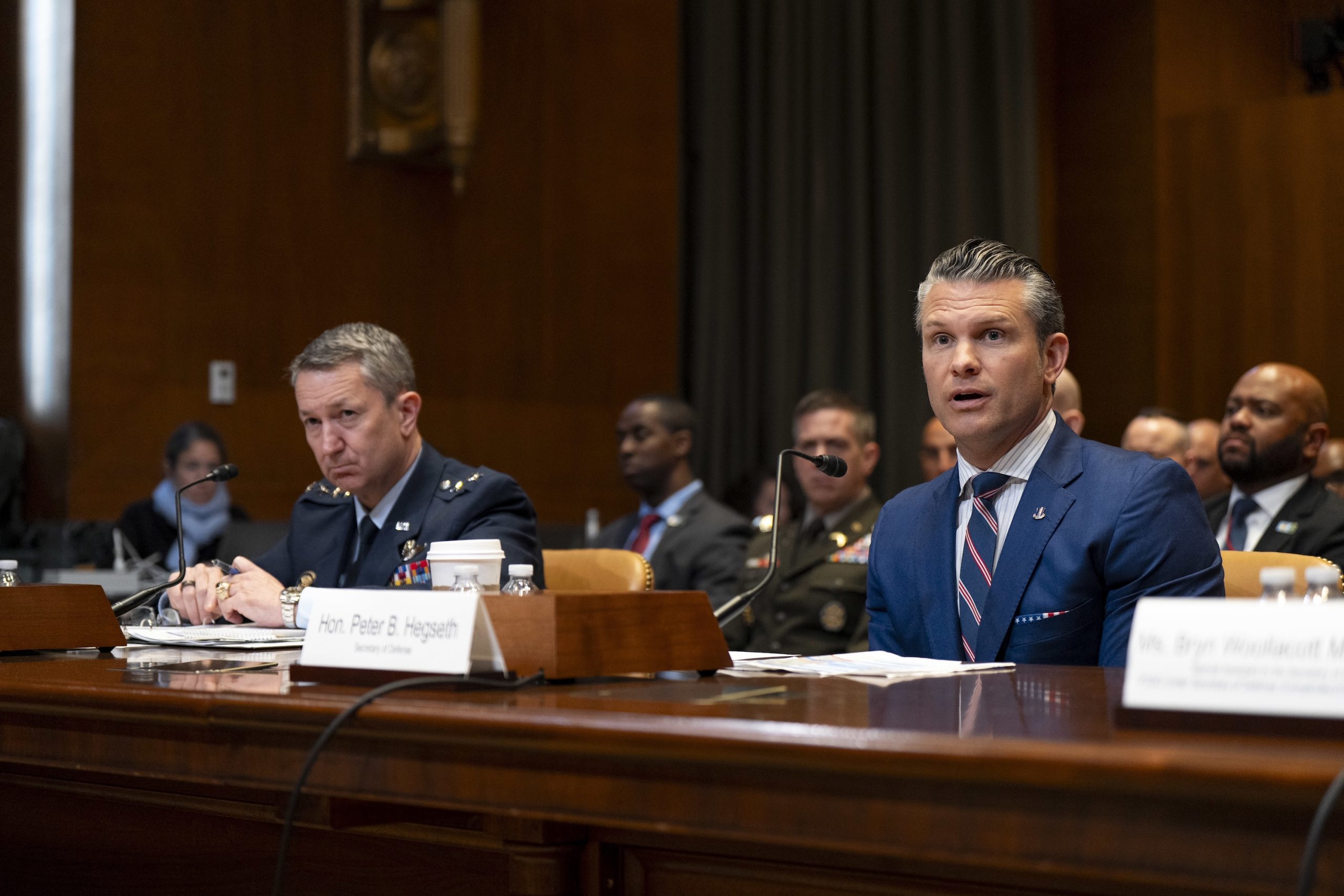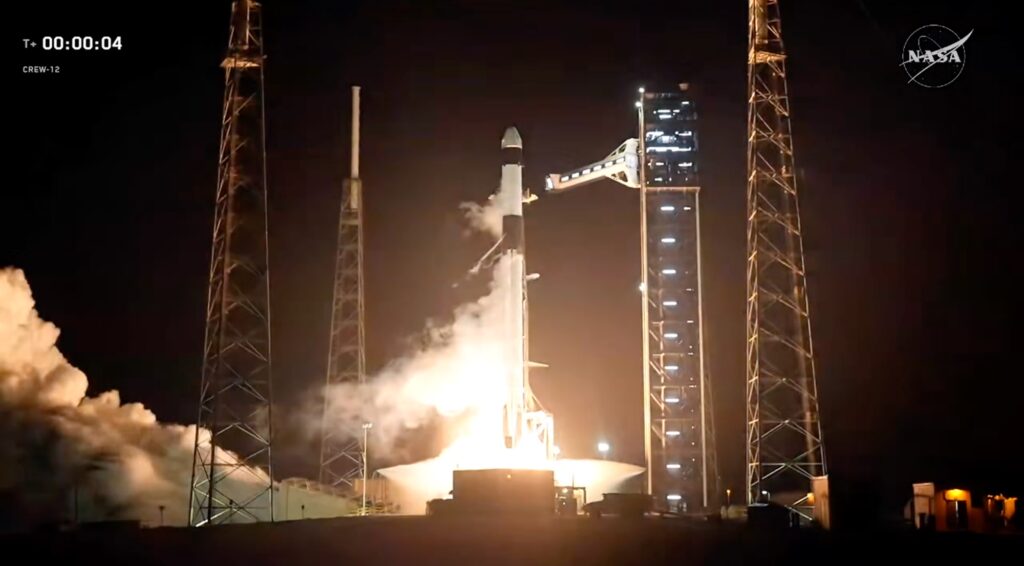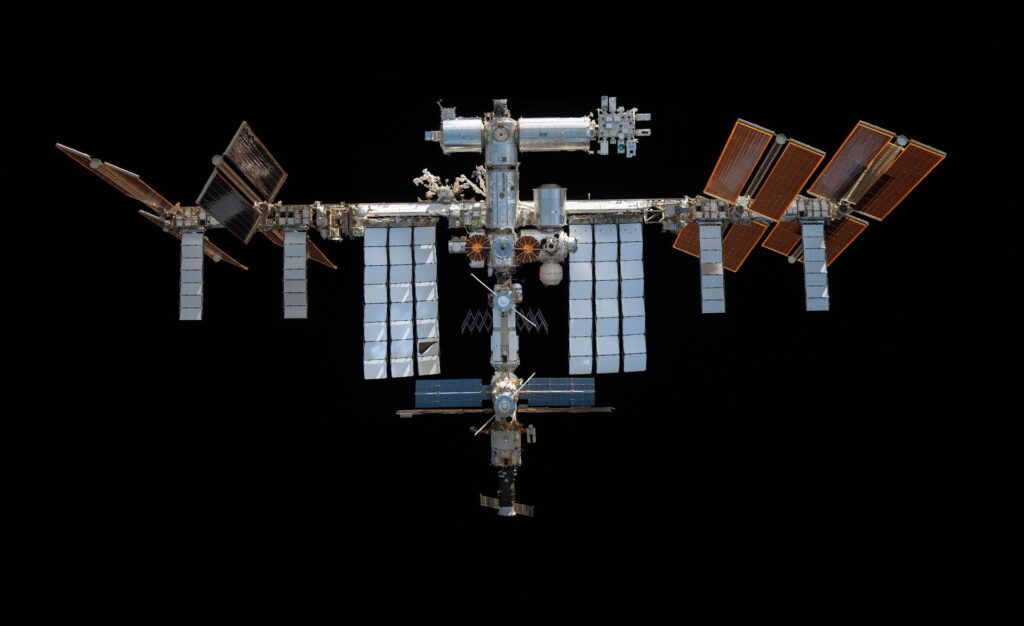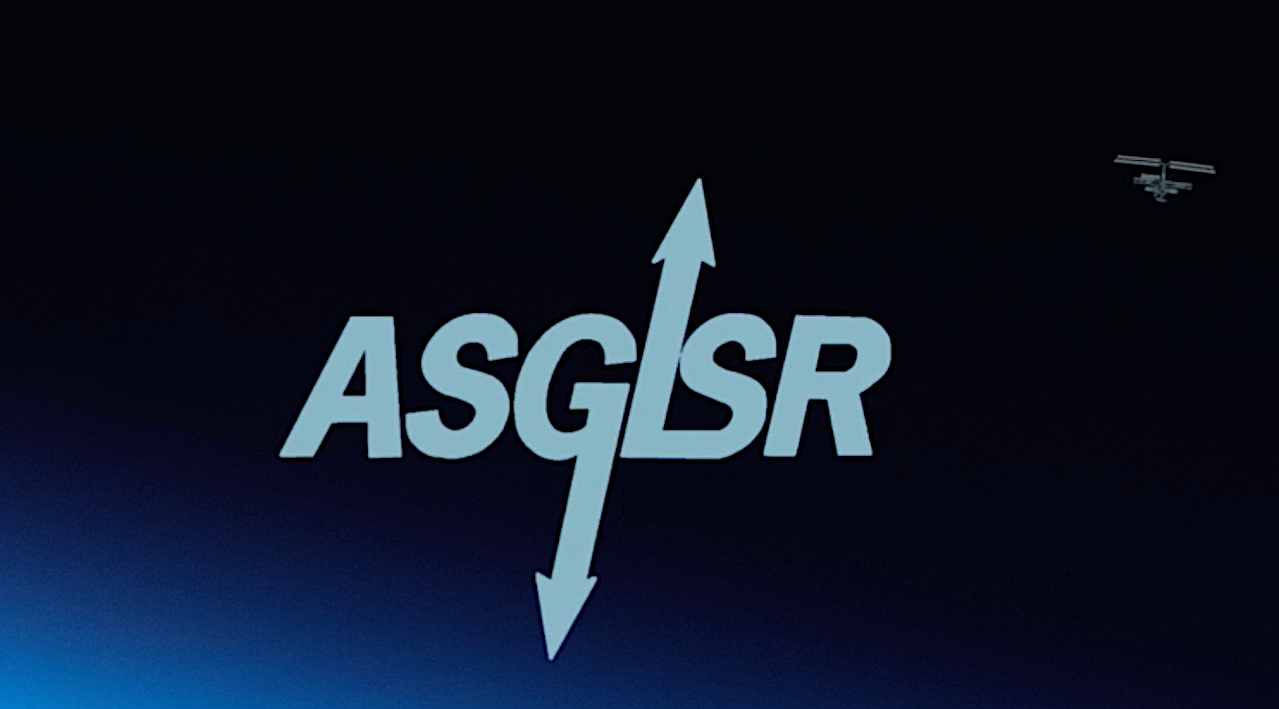Now Reading: House appropriators advance defense bill, slam White House for budget delay
-
01
House appropriators advance defense bill, slam White House for budget delay
House appropriators advance defense bill, slam White House for budget delay


WASHINGTON — The House Appropriations Committee on June 12 approved a $831.5 billion defense spending bill for fiscal year 2026 in a 36-27 vote, advancing it to the House floor for further consideration. The vote was marked by partisan divisions, with Democrats opposing the bill due to concerns about the lack of detailed budget justification from the administration and disagreements over specific provisions.
The committee took up the defense bill in a nine-hour markup session even as the Trump administration has yet to release detailed budget materials for fiscal 2026, drawing criticism from lawmakers who called the process fundamentally flawed.
The legislation, written by the committee’s defense subcommittee (HAC-D), maintains defense discretionary funding at the same level as fiscal 2025.
The White House has touted a 13% defense spending increase in its budget outline by including $113 billion from a pending reconciliation bill already passed by the House.
Space Force gets boost
The Space Force would receive $29 billion under the HAC-approved bill, a modest increase from $28.7 billion in 2025 but notably $2.7 billion more than the administration included in its “skinny” base budget proposal. The funding boost from the HAC reflects growing congressional emphasis on space as a critical warfighting domain.
“Space, which we rely on as our ‘great enabler’ for critical capabilities — communication, navigation, and situational awareness — is a critical but still vulnerable domain,” said Rep. Ken Calvert (R-Calif.), chairman of the defense appropriations subcommittee, during Thursday’s markup session.
Bipartisan pushback on process
The defense spending bill, which typically enjoys broad bipartisan support, faced resistance from committee members who argued it should not move forward without complete Defense Department budget justification materials.
Critics also opposed the bill for eliminating funding for the Ukraine Security Assistance Initiative and reducing medical research and military construction projects. The concerns echo similar criticism from Senate appropriators, who questioned Defense Secretary Pete Hegseth and Joint Chiefs Chairman Gen. Dan Caine during a Wednesday hearing.
Senate Appropriations Chairman Mitch McConnell (R-Ky.) told Hegseth that using reconciliation to fund defense amounts to a “shell game” that avoids long-term defense investment commitments. House Armed Services Committee Chairman Mike Rogers (R-Ala.) called the budget delay by the Office of Management and Budget “historic” and “unacceptable” during a separate Thursday hearing.
Administration defends delay
Pressed by lawmakers to explain the holdup, Hegseth said the administration needed additional time to align the budget with President Trump’s priorities. He promised a detailed budget proposal would be available “soon” but provided no specific timeline.
The delay represents an unusual departure from typical budget cycles, where agencies submit detailed spending requests in February for the following fiscal year.
Space Force acquisition process
Beyond funding levels, the House bill includes directives aimed at streamlining Space Force acquisitions. A committee report released June 10 calls for reorganizing space programs by “mission area” rather than individual program lines, and requiring procurement personnel to serve longer tours to develop deeper technical expertise.
“The issue of program manager technical competency is more critical than ever as defense systems and weapons platforms are more technologically complex than ever, such as with space systems,” the report states.
The proposed pilot program would create mission-focused offices with “responsibility, authority and accountability for the entire life-cycle of a mission, from system concept, through acquisition, development, fielding, and operational life.” Examples of mission areas include missile warning, satellite communications, and position, navigation and timing systems.
The emphasis on space acquisition reflects the service’s unique budget profile, the HAC-D said. “Unlike any other military service the vast majority of the Space Force’s budget is dedicated to acquisition, a trend that is expected to increase, especially to support Golden Dome,” the report noted, referring to the Trump administration’s missile defense initiative.
The committee directed that “senior leaders must focus more attention on developing and promoting guardians with technical expertise and acquisition experience” as space systems become increasingly central to military operations.
Stay Informed With the Latest & Most Important News
Previous Post
Next Post
-
 01Two Black Holes Observed Circling Each Other for the First Time
01Two Black Holes Observed Circling Each Other for the First Time -
 02From Polymerization-Enabled Folding and Assembly to Chemical Evolution: Key Processes for Emergence of Functional Polymers in the Origin of Life
02From Polymerization-Enabled Folding and Assembly to Chemical Evolution: Key Processes for Emergence of Functional Polymers in the Origin of Life -
 03Φsat-2 begins science phase for AI Earth images
03Φsat-2 begins science phase for AI Earth images -
 04Hurricane forecasters are losing 3 key satellites ahead of peak storm season − a meteorologist explains why it matters
04Hurricane forecasters are losing 3 key satellites ahead of peak storm season − a meteorologist explains why it matters -
 05Thermodynamic Constraints On The Citric Acid Cycle And Related Reactions In Ocean World Interiors
05Thermodynamic Constraints On The Citric Acid Cycle And Related Reactions In Ocean World Interiors -
 06Binary star systems are complex astronomical objects − a new AI approach could pin down their properties quickly
06Binary star systems are complex astronomical objects − a new AI approach could pin down their properties quickly -
 07Worlds Next Door: A Candidate Giant Planet Imaged in the Habitable Zone of α Cen A. I. Observations, Orbital and Physical Properties, and Exozodi Upper Limits
07Worlds Next Door: A Candidate Giant Planet Imaged in the Habitable Zone of α Cen A. I. Observations, Orbital and Physical Properties, and Exozodi Upper Limits




















